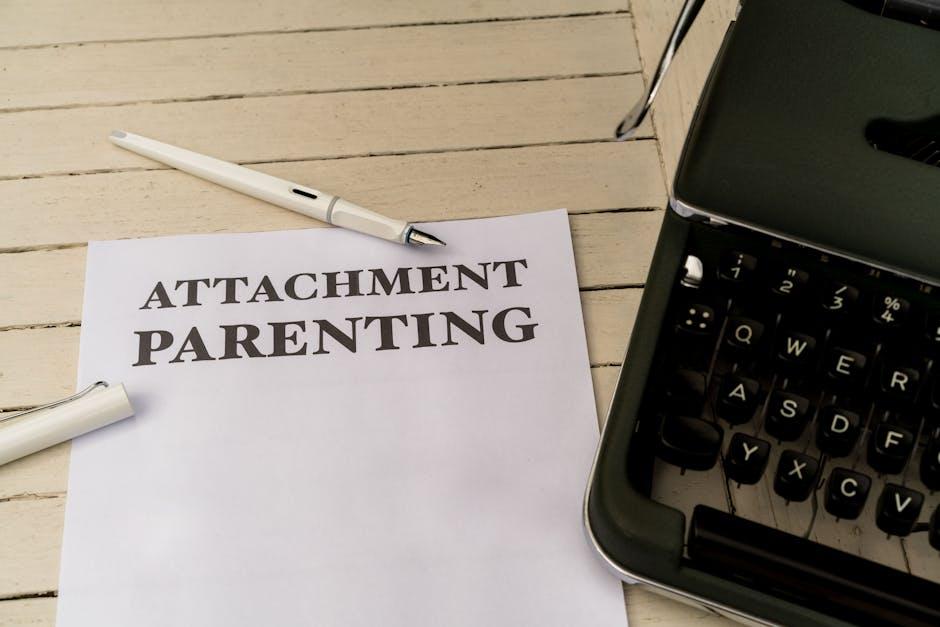In the intricate dance of forming new relationships, it’s easy to get swept away by the excitement of discovery and the allure of potential. Yet, beneath the surface of budding romance, subtle signals often whisper cautionary tales. Learning to identify these red flags early can be the key to safeguarding your time and emotional investment. This article delves into the art of recognizing those warning signs, empowering you to navigate the complex landscape of relationships with clarity and confidence. Whether you’re venturing into new romantic territory or reassessing familiar connections, understanding these indicators will help you make informed decisions and cultivate healthier, more fulfilling bonds.
Recognizing Subtle Warning Signs in Communication
In the early stages of a relationship, communication can reveal subtle indicators that something might be amiss. It’s crucial to pay attention to these nuances to prevent potential heartache. Inconsistent communication patterns, such as long delays in responses or abrupt changes in the tone, can be a sign that the person might not be as invested. Similarly, vague answers to direct questions or frequent evasiveness can indicate a reluctance to be open and honest.
- Deflection: Regularly changing the subject when uncomfortable topics arise.
- Overly Critical: Consistently pointing out flaws or belittling your opinions.
- Excessive Flattery: Using compliments to distract from serious discussions.
Recognizing these signs early can save time and emotional energy. Trust your instincts and communicate openly about any concerns. If these patterns persist, it might be worth reevaluating the relationship’s potential.

Understanding Emotional Availability and Its Importance
Emotional availability is a crucial aspect of any healthy relationship. It refers to the ability of a person to share and respond to emotions in a genuine and open manner. When someone is emotionally available, they can communicate their feelings, show empathy, and build a deep connection. Recognizing emotional availability early on can help you avoid investing time in a relationship that lacks depth and sincerity.
Here are some signs that indicate a lack of emotional availability:
- Inconsistent Communication: They often cancel plans or go silent without explanation.
- Avoidance of Deep Conversations: They steer away from discussing feelings or future plans.
- Reluctance to Commit: They express hesitancy in labeling the relationship or making long-term plans.
- Defensive Reactions: They become defensive or dismissive when emotions are brought up.
Understanding these red flags can save you from emotional turmoil and guide you towards healthier connections.
Evaluating Consistency in Actions and Words
When it comes to building a healthy relationship, aligning actions with words is crucial. Consistency is a hallmark of integrity and reliability. If someone frequently makes promises but fails to follow through, it can be a significant warning sign. Look for patterns where their behavior doesn’t match their declarations. These inconsistencies can manifest in subtle ways:
- Unkept promises – Repeatedly canceling plans or failing to meet commitments.
- Shifting stories – Providing different explanations for the same event.
- Contradictory behavior – Acting differently around various people or situations.
Observing these signs early can save you from investing time in a relationship that lacks authenticity. Trust is built on the foundation of consistent actions aligning with spoken words. When discrepancies arise, it may be time to reassess the relationship’s potential.

Identifying Patterns of Controlling Behavior
Recognizing controlling tendencies in a partner can save you from a potentially draining relationship. These behaviors often start subtly, but they can escalate over time. Be mindful of excessive monitoring; this can manifest as a partner constantly checking your phone, emails, or social media. Another common sign is when they insist on knowing your whereabouts at all times.
It’s also crucial to note any attempts to isolate you from friends and family. Watch for these red flags:
- Criticizing your social circle or activities
- Making decisions for you without consultation
- Imposing their preferences in every situation
These behaviors might be disguised as care or concern, but they are often attempts to gain control. Identifying these patterns early can help you set boundaries and make informed decisions about the relationship’s future.




